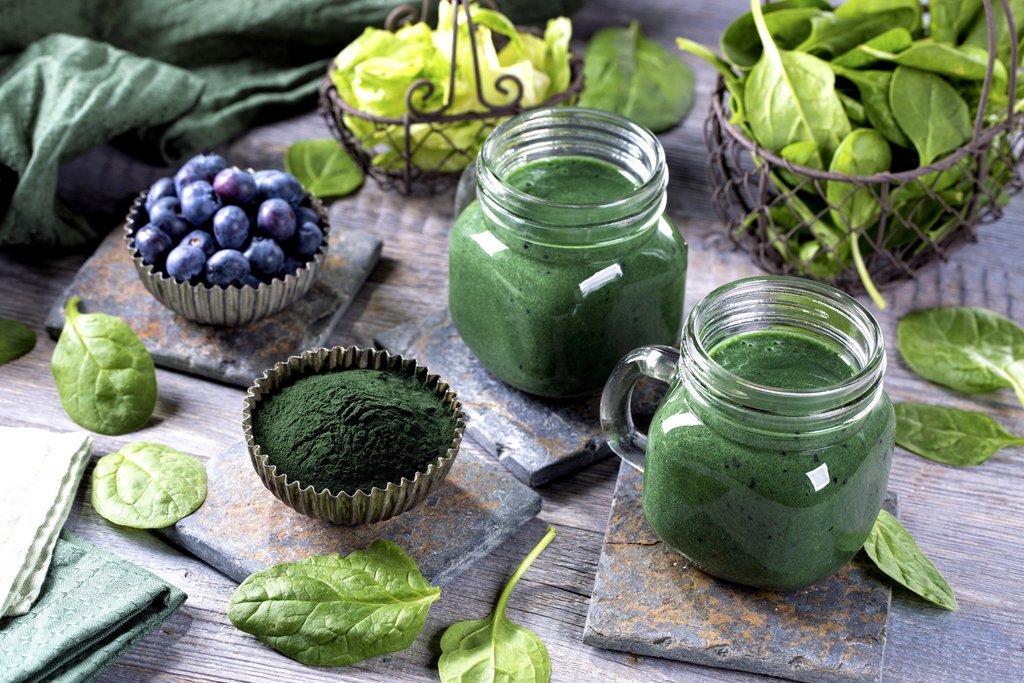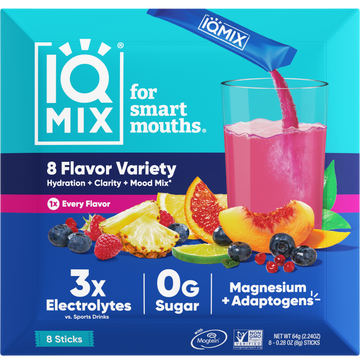There’s a common misconception that eating a plant-based diet is difficult and requires health compromises. In particular, many believe that plant-based diets require giving up essential nutrients, such as protein - which is needed to produce neurotransmitters critical to brain production. However, there are plenty plant-based protein sources that don’t require going out of your way. Here are a few of our favorite protein-stacked foods:
Legumes (For Non-Paleo Folks)
A legume is a simple, dry fruit contained within a shell or pod, and typically contain a wide variety of nutrients. The most well-known legumes include split peas, lentils, chickpeas, kidney beans, etc.

Depending on the type of legume, 1/2 cup can contain 15-26 grams of protein. That equals approximately the same amount as 7 egg whites! Not only are legumes a great plant-based protein, but they’re also an excellent fiber source, and contain phytonutrients such as quercitin (holds anti-inflammatory properties).
As a wonderful comfort food, split peas have 16 grams of protein per cooked cup. They are a nutrient-dense food and are rich in Vitamin A (supports immune system & eyesight), Vitamin B (red blood cell production & assist in production of energy), potassium (build muscle & break down carbohydrates), and magnesium (necessary for energy production & keep your bones healthy).
Spirulina
Spirulina is an edible algae that has a high concentration of antioxidants and is roughly 62% protein making in a superior protein to meat, fish and eggs, making it one of the richest vegan protein sources of the planet. It’s a superfood that is renowned for its numerous brain and body benefits.

Chia Seeds
Chia seeds are loaded with nutrients that hold many important brain and body benefits. Just two tablespoons of chia seeds hold 4 grams of protein and 11 grams of fiber. It’s a great source of magnesium, calcium, and Vitamin B6 which are great for skin, bone, and nail health.

Quinoa (For Some Occasional Carbs)
This pseudocereal is a great source of fiber, iron, manganese - among other nutrients. Quinoa provides 8-9 grams of protein per cooked cup, and is one of the few plant foods that’s a complete protein source - offering all the essential amino acids. It can even be ground into flours and used as a substitute for whole grain flours.

Spinach
Spinach is one of the easiest greens to add to a meal, especially considering it loses considerable volume when cooked. One cup of cooked spinach holds 5 grams of protein and 4 grams of fiber. Its benefits include reduced blood pressure levels, cancer prevention, eye health, and reduced oxidative stress.

It’s an excellent source of vitamins and minerals including:
- Vitamin C - a powerful antioxidant that promotes immune function and healthy skin
- Vitamin K1 - essential for reducing blood clots
- Iron - helps produce neurotransmitters & replace nerve cells which assists with memory
- Folic Acid - enhances brain function and anti-aging, and prevents hearing and vision loss
- Calcium - essential for bone health




